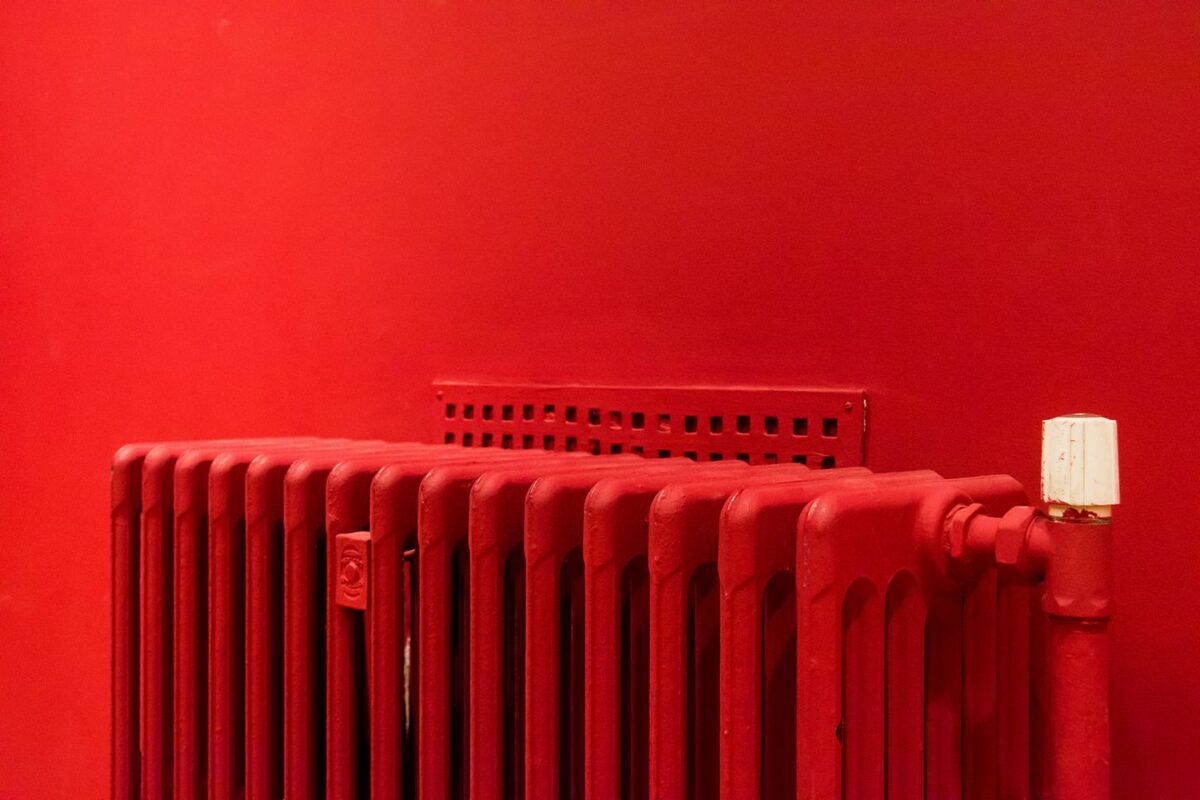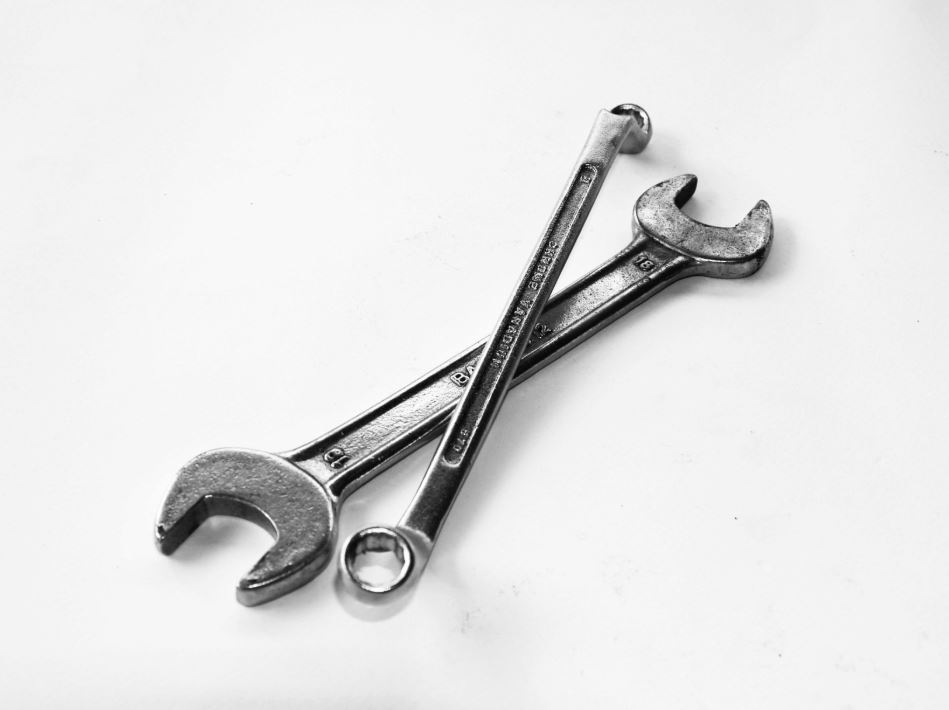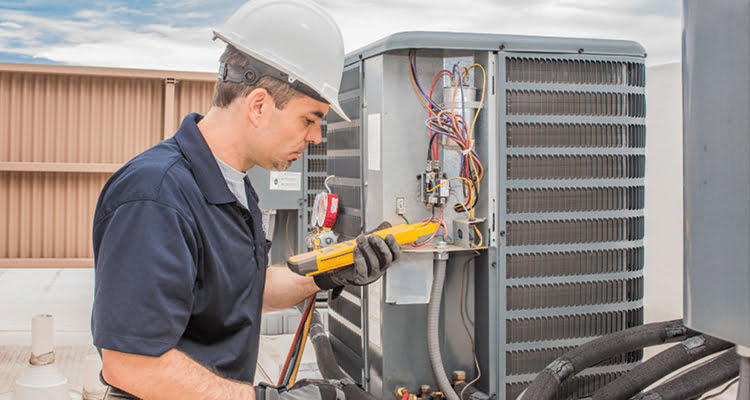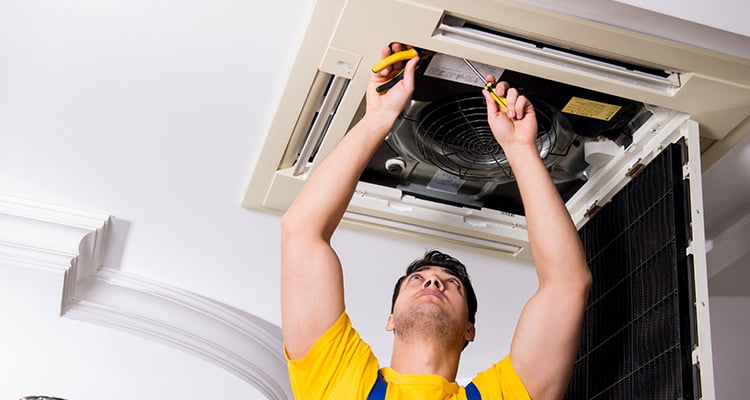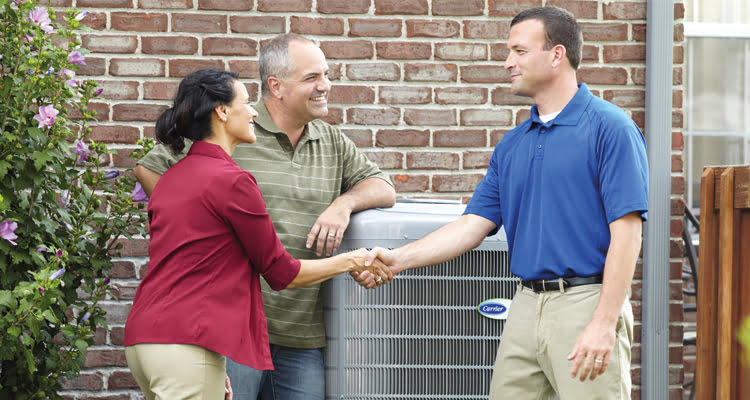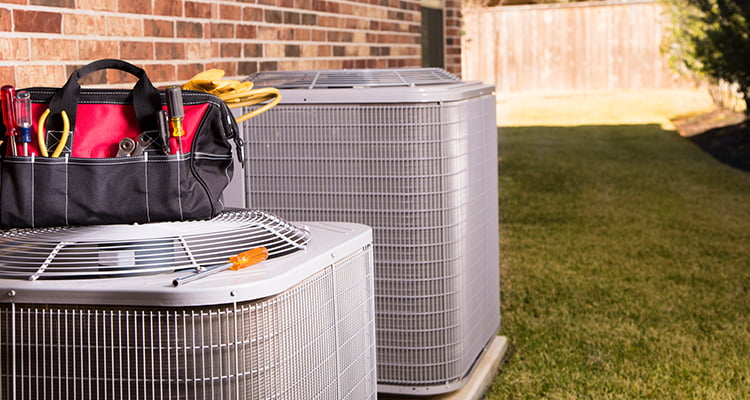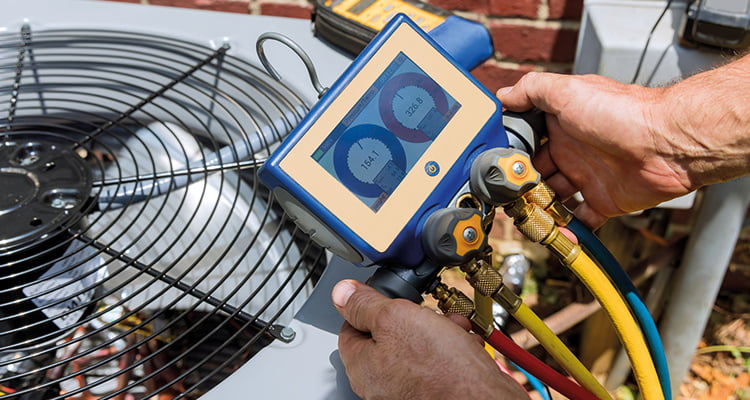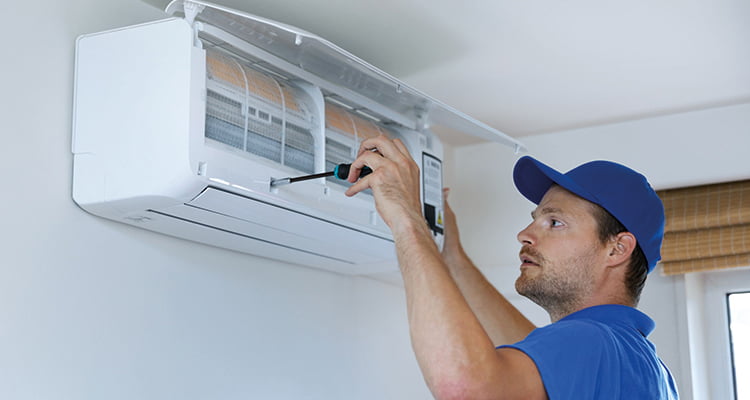How Does a Forced Air Furnace Work?
The way forced air furnaces provide heat is by using a blower fan to circulate warmed air through ductwork running throughout your home. First, air gets drawn into the furnace where it passes over a heat exchanger. This heat exchanger uses electricity or the combustion of natural gas, propane, or heating oil to heat the air. After it gets warmed up, the air then gets pushed through the duct system by a blower fan. From there, it makes its way through vents into the different zones of your home. Unlike radiant heating systems that warm floors and surfaces directly, forced air furnaces heat the air quickly and efficiently. The furnace’s duct system allows you to control temperatures in specific areas of your home for customized comfort. No more freezing in one room while the rest of the house bakes!What Are the Benefits of Forced Air Furnaces?
There are a number of reasons a forced air furnace may be advantageous for heating modern homes:They Can Provide Energy Savings
Today’s forced air furnace models are way more energy-efficient than older versions. Advanced designs maximize heat transfer while using less energy. High-efficiency options like those with a 95% AFUE rating can significantly lower your heating bills compared to less efficient systems. For many homeowners, the energy savings alone can make up for much of the initial furnace installation cost over time.They Offer Steady, Reliable Heating
Forced air systems circulate heated air throughout your home for pretty uniform heating. You’re able to maintain a comfortable temperature zone by zone, without dealing with the hot or cold spots that can happen with some radiant heating setups. Newer digital thermostats allow you to program customized heating schedules to match your household’s daily routine. The steady warmth provided by a forced air furnace brings reliable comfort even on frigid winter days.They Can Improve Indoor Air Quality
Here’s an added bonus – with the right air filters, forced air furnaces can actually help remove dust, pollen, and other yucky stuff from the air in your home. High-efficiency particulate air (HEPA) filters or electrostatic filters are great at trapping most airborne allergens and germs while pumping out cleaner, healthier air for you and your family to breathe. Using proper air filtration is key to getting the best indoor air quality from a forced air system.They Work Well With Other Systems
Don’t think that a forced air furnace has to work solo. These furnaces pair nicely with other features and systems for whole-home comfort and efficiency. Adding central air conditioning lets you use the furnace’s existing ductwork for an efficient HVAC system. You can also integrate humidifiers, electronic air cleaners, and smart thermostats.How Do Forced Air Furnaces Compare to Other Heating Methods?
Let’s look at how forced air furnaces stack up against a couple of other popular heating systems:Forced Air vs. Radiant Heating
Radiant floor heating provides quiet, even warmth by heating surfaces directly. But it can be slower adjusting temperatures up or down. Forced air systems heat up faster and are often more affordable to install. However, radiant heating eliminates the blowing air aspect of forced air furnaces.Forced Air vs. Heat Pumps
Heat pumps offer both heating and cooling from one unit and are great for milder climates. However, forced air furnaces tend to provide superior, more efficient heating when temps regularly plummet below freezing. In colder winter weather, they’re usually the better pick.Forced Air vs. Boiler Systems
Boilers can help offer hydronic radiant heating by circulating hot water through a network of pipes and radiators. This type of system allows precise temperature control in each room. However, boilers and radiators take up more space. Boiler heating systems tend to be pricier to install upfront than forced air furnaces.What Should You Consider Before Installing a Forced Air Furnace?
If you’re ready to put in a new high-efficiency forced air furnace, keep these key factors in mind:Your Home’s Size and Layout
The dimensions and floor plan of your place impact the required furnace size and ductwork design. An HVAC pro can determine the right furnace capacity and layout to efficiently heat your living space.The Condition of Your Ductwork
Efficient operation relies on properly sealed ductwork in good shape. Old, leaky ducts can reduce heating performance. A qualified technician can evaluate your existing ducts and recommend any needed repairs or replacements.Budget and Operating Costs
Keep in mind equipment, installation, energy use, and regular maintenance costs. While more efficient models may be pricier upfront, they can save substantially on energy bills over time.Maintenance Tips for Efficient Furnace Operation
With proper maintenance, a quality forced air furnace can reliably provide heating for 15-20 years or more. Here are some key tips:- Change filters regularly – dirty filters lower air quality and strain your furnace.
- Have an HVAC pro inspect your complete system annually – they can tune up and check that all components are running safely and efficiently.
- Gently vacuum accessible ducts and vents – keep them clean and dust-free for proper airflow.
Common Forced Air Furnace Questions
Here are some quick answers to frequent questions people have about forced air furnaces:How Long Do Furnaces Last?
With proper maintenance, 15-20 years or more. Refer to manufacturers for model specific information.
Do Furnaces Improve Indoor Air Quality?
Yes, with proper maintenance and high-quality air filters, furnaces can help remove pollutants and contribute to improving air quality in your home.
Are Furnaces Noisy?
They make some noise when running, but proper installation can reduce noise, as can high-efficiency models.
